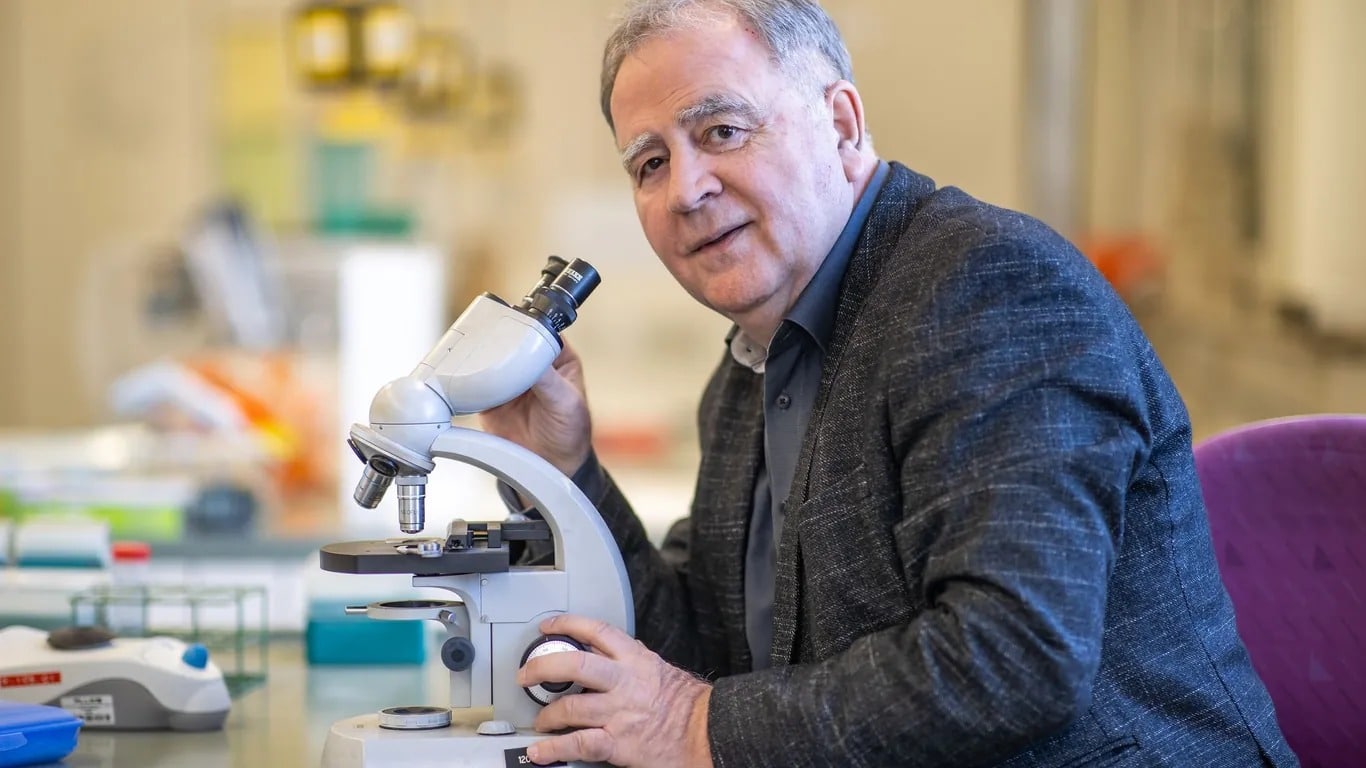The world number one tennis player Sinner is not banned despite testing positive in March. A big mistake for doping expert Sörgel. And Sinner’s statements are an excuse
Doping expert Fritz Sörgel considers a start for world number one tennis player Jannik Sinner at the US Open starting next Monday in New York to be “unacceptable” despite his acquittal after two positive doping tests. At the same time, he hopes that the American Anti-Doping Agency USADA with its head Travis Tygart will step in and prevent the Italian from competing, as Sörgel said in an interview with Sky.
The Italian anti-doping agency should also intervene quickly now. It would first have to issue an indefinite ban, then the case would go to the International Court of Arbitration for Sport Cas. “Sinner is banned for that long for now,” demanded the professor of pharmacology. Theoretically, a ban of two to four years is possible, even if this would be “difficult to enforce”. For him, the matter “definitely” had a strange aftertaste. “It stinks to high heaven”,
Sinner tested positive twice for the banned anabolic steroid Clostebol in March, as the International Tennis Integrity Agency (Itia) announced on Tuesday. Sinner will not be banned because an independent tribunal of the private sector arbitration body Sports Resolutions found that the 23-year-old had been exposed to the anabolic steroid by a physiotherapist.
Expert assumes deliberate doping
“This version is not very credible. It was also written on the box that a doping test would be positive. And to explain these values, the drug must have been taken over a longer period of time. A few days are not enough,” said Sörgel on Sky. He suspects deliberate doping.
The ointment with the anabolic agent is massaged into the skin to promote regeneration. “This is ideal, because in low doses it penetrates the skin and reaches exactly where the site of inflammation or injury is. This allows the athlete to recover more quickly. And if you do this for several weeks, it’s simply doping,” says Sörgel. Sprays and ointments containing Clostebol are not permitted in Germany.
If the World Anti-Doping Agency Wada generally fails to take action in such cases or the International Court of Arbitration for Sport Cas does not issue clear verdicts, “and as in recent years, acquits on the basis of similar excuses, then it will go on and on. A clear line must now be drawn,”





